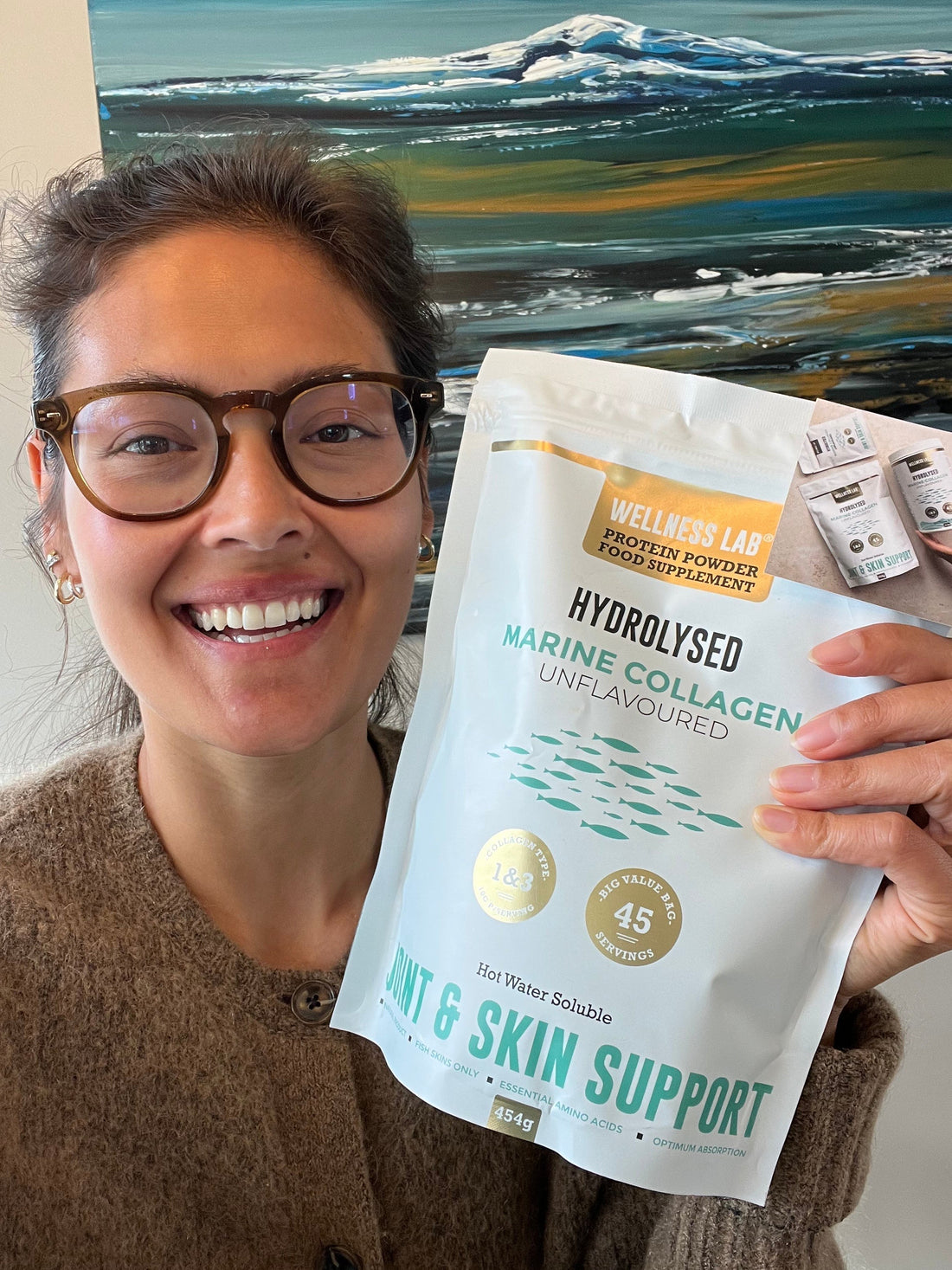
From Skin to Skin: The Sustainable Power of Marine Collagen
Share

Fish skins, scales, bones, and cartilage—traditionally discarded by fisheries—are valuable by-products rich in collagen, a vital structural protein for skin and connective tissue health. Through enzymatic hydrolysis, collagen is broken down into smaller peptides and amino acids, significantly enhancing bioavailability and absorption in the human body.
Unlike bovine collagen derived from cow and pig hides and bones—an environmentally intensive process requiring considerable land, water, and feed—marine collagen production employs circular economy principles by up-cycling fish processing waste. This results in a collagen source with a carbon footprint about seven times lower, alongside minimal land and water use and reduced greenhouse gas emissions.
Physiologically, consuming hydrolysed marine collagen peptides supports endogenous collagen synthesis, which naturally decreases with age, promoting skin regeneration and joint health from within. This systemic effect contrasts with topical collagen applications, which cannot stimulate collagen production internally.
Marine collagen thus represents a convergence of innovative waste valorisation, sustainable manufacturing, and clinically relevant nutrition.
